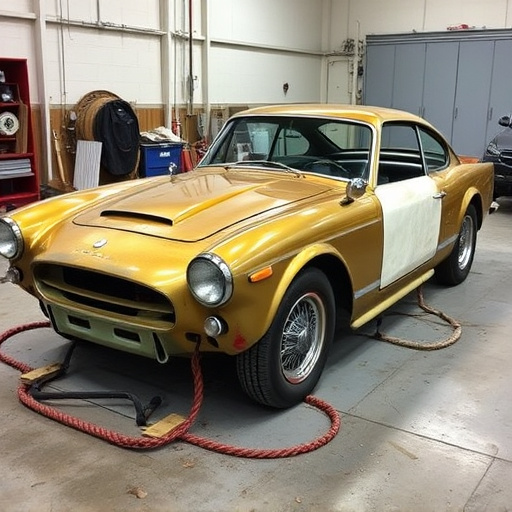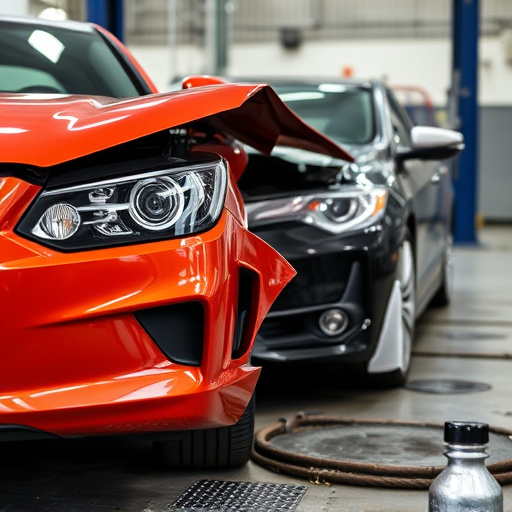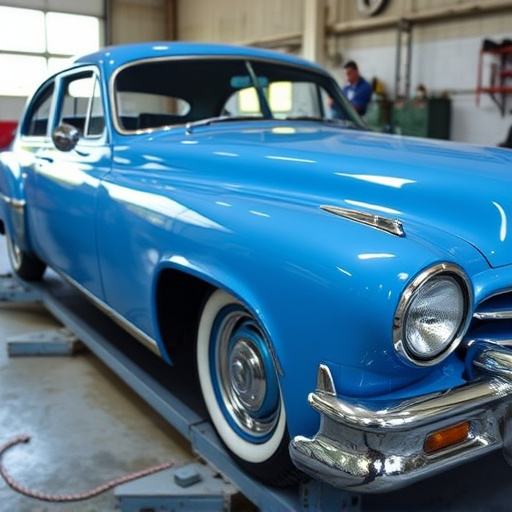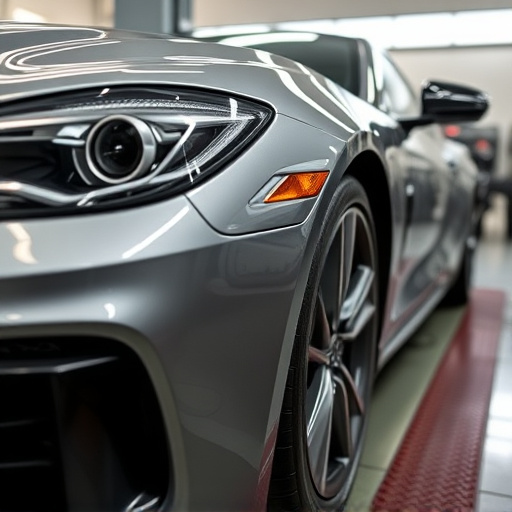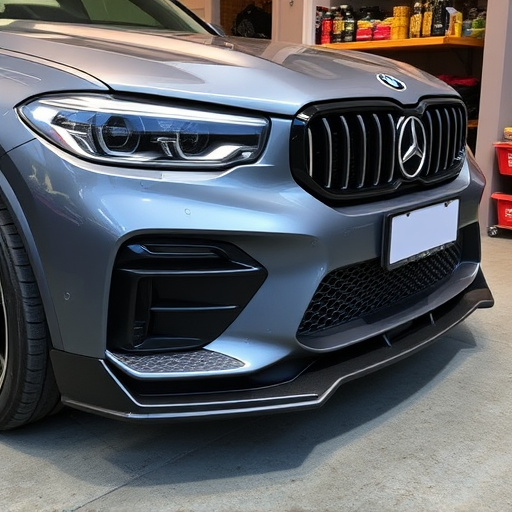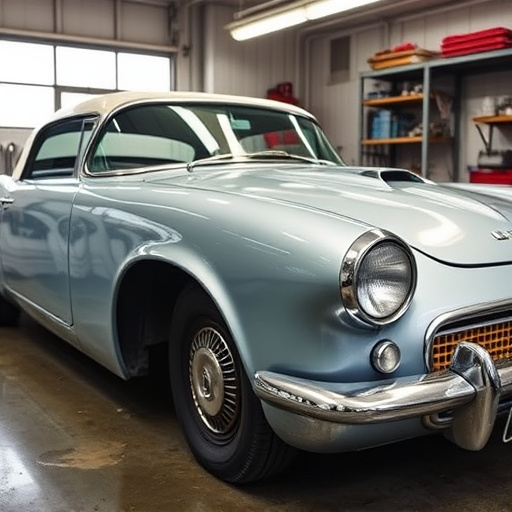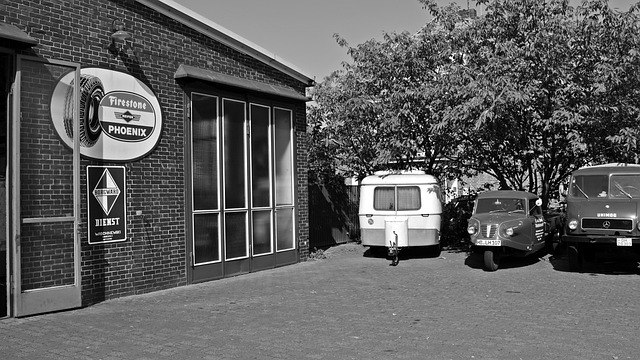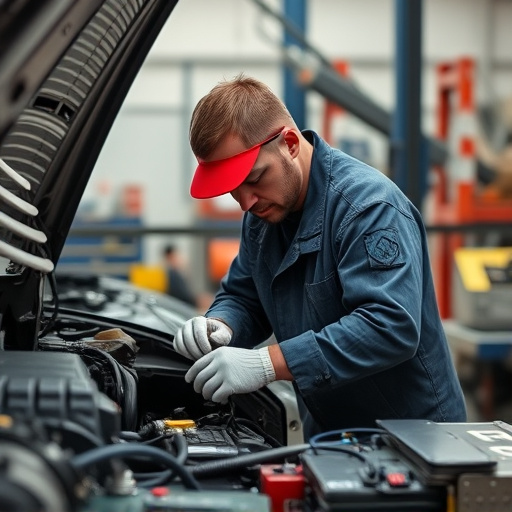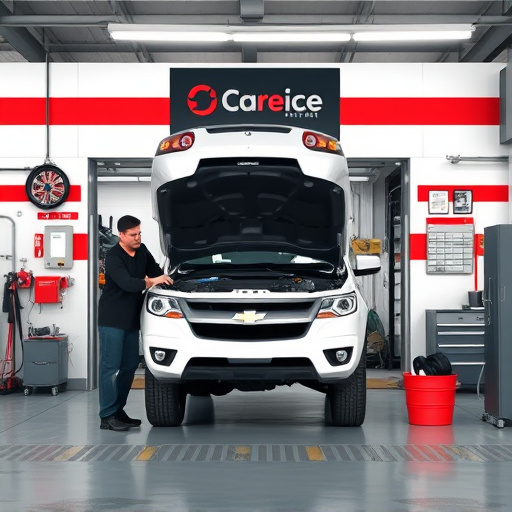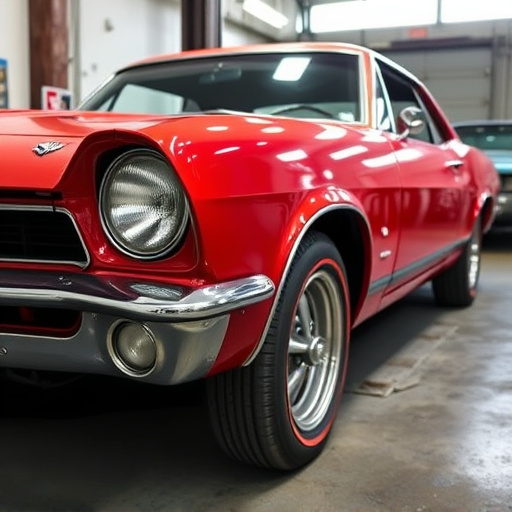Corrosion, accelerated by environmental conditions, threatens vehicle integrity and performance. The automotive industry addresses this through the adoption of lightweight, durable metals like aluminum alloys, advanced protective coatings during manufacturing, and regular paint services. Modern car production now incorporates sophisticated anti-corrosion technologies, such as electrocoating with zinc or aluminum layers, advanced polymer coatings, and nanocomposites, to enhance structural integrity, reduce environmental impact, and prolong vehicle lifespan. These innovative anti-corrosion materials cater to both manufacturers' needs for durability and auto repair shops' desire to minimize costly collision repairs.
In modern auto manufacturing, understanding and mitigating corrosion is paramount. Corrosion not only compromises vehicle aesthetics but also poses structural integrity issues, driving up maintenance costs and reducing lifespan. This article explores the evolving landscape of anti-corrosion materials and technologies shaping today’s vehicles. From advanced coatings to innovative metal treatments, we delve into how automakers are outpacing corrosion, ensuring longer-lasting, more reliable cars. Discover the key anti-corrosion materials revolutionizing the industry.
- Understanding Corrosion and Its Impact on Vehicles
- Evolution of Anti-Corrosion Coatings and Technologies
- Common Anti-Corrosion Materials Used in Modern Cars and Their Benefits
Understanding Corrosion and Its Impact on Vehicles
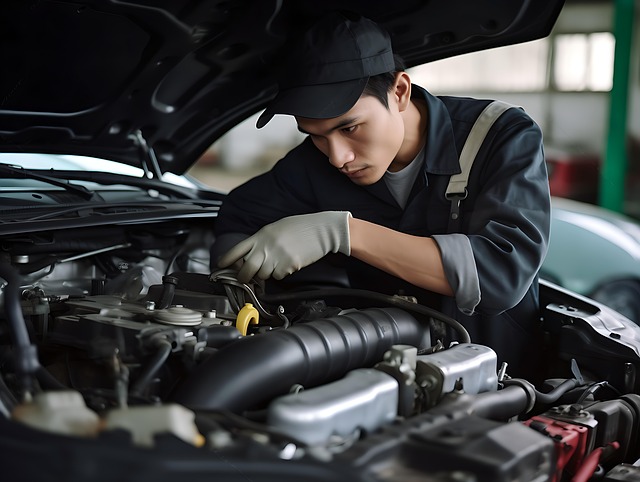
Corrosion is a natural process that occurs when metal surfaces interact with substances present in the environment, such as moisture, oxygen, and chemicals. This deterioration can have severe consequences on vehicles, leading to structural weaknesses, reduced performance, and even safety hazards over time. Modern car manufacturing has recognized this challenge, prompting the development and adoption of various anti-corrosion materials and techniques.
Protecting against corrosion is vital for maintaining the integrity and longevity of vehicles. It starts with careful material selection, where lightweight yet durable metals like aluminum and certain alloys are increasingly used in automotive construction. Additionally, advanced coatings and primers are applied during the manufacturing process to create protective barriers against moisture intrusion. These measures, combined with regular car paint services and repairs for any damage, ensure that vehicles remain in top condition, preventing corrosion from setting in and causing extensive and costly repairs, including vehicle dent repair.
Evolution of Anti-Corrosion Coatings and Technologies

The evolution of anti-corrosion technologies is a testament to the automotive industry’s continuous pursuit of durability and longevity. In the past, cars were prone to rust and corrosion, leading to costly repairs at local car body shops. However, with advancements in materials science, modern auto manufacturing now employs sophisticated anti-corrosion coatings and treatments that significantly extend the lifespan of vehicle components. These innovations are crucial for maintaining the structural integrity of automotive bodies, ensuring they remain robust and reliable over time.
Modern anti-corrosion materials leverage a combination of chemical and physical barriers to protect metal surfaces. One such game-changer is electrocoating, which involves electrically depositing a protective zinc or aluminum layer onto car bodies before painting. This process not only enhances corrosion resistance but also reduces the environmental impact associated with traditional paint systems. Additionally, advanced polymer coatings and nanocomposites offer superior protection against moisture, chemicals, and UV radiation, keeping vehicles looking their best for longer periods, even in harsh environments. These advancements cater to the needs of both automotive manufacturers and auto repair shops, ensuring that cars can withstand the challenges of modern driving conditions.
Common Anti-Corrosion Materials Used in Modern Cars and Their Benefits
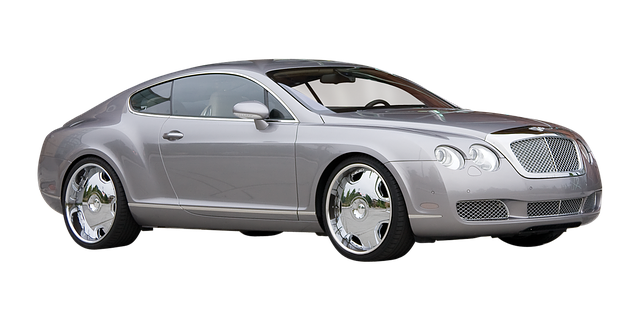
In modern auto manufacturing, anti-corrosion materials play a pivotal role in ensuring vehicle longevity and maintaining aesthetics. Common choices include galvanized steel, aluminum alloys, and specialized coatings. Galvanized steel, with its protective zinc layer, offers excellent resistance against rust and corrosion, making it a popular option for various car components, especially in the vehicle’s body structure. This is particularly beneficial for outdoor vehicles, as it extends the life of the vehicle bodywork, reducing the need for frequent collision repair services.
Aluminum alloys are another prevalent anti-corrosion material, widely used in modern cars due to their lightweight properties and superior corrosion resistance. These alloys are commonly found in various parts, from engine blocks to exterior panels. Specialized coatings, such as electrostatic painting and polymeric coatings, further enhance the protective capabilities of car body shops by providing an extra layer of defense against environmental factors. By employing these advanced anti-corrosion materials, manufacturers can ensure that vehicles not only perform optimally but also remain in pristine condition for longer periods, minimizing the requirement for costly collision repair services.
In modern auto manufacturing, the integration of advanced anti-corrosion materials has revolutionized vehicle durability and longevity. By understanding corrosion’s detrimental effects and embracing innovative coatings and technologies, carmakers ensure structures remain robust against environmental aggressors. These anti-corrosion materials not only safeguard vehicles from rust and decay but also contribute to improved performance, reduced maintenance costs, and a more sustainable automotive landscape.
